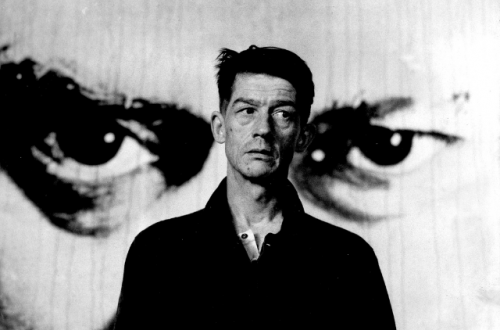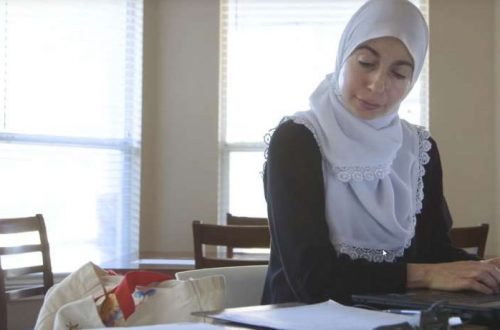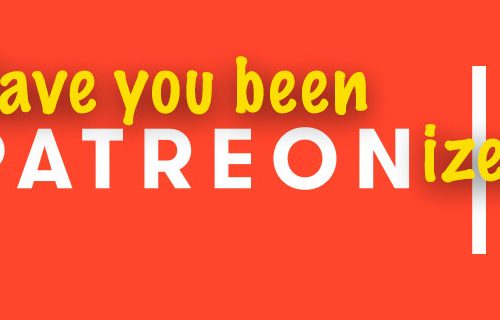In 2007, we posted about Hugo Chavez’s government refusing to renew the broadcasting license of the popular opposition TV station RCTV, ostensibly because of its support for the 2002 attempted coup against Chavez.
The action was condemned as an assault on press freedom by Human Rights Watch and Reporters Without Borders, among others.
At the time, pro-Chavez commenters assured us that even though RCTV was barred from the public airwaves, they are, as one put it, “completely free to broadcast over sattelite, cable and the internet, or any non-publically owned frequency.”
Here’s the latest on RCTV:
Venezuela President Hugo Chávez’s government ordered cable providers on Sunday to stop showing the popular television station RCTV, which had violated regulations requiring broadcasters to televise the socialist leader’s long speeches in their entirety.
The measure sent shudders among press freedom advocates and generated concerns in the Obama administration, which is frequently the target of Chávez’s barbs. RCTV has been a target of the government in the past. In 2007, the government declined to renew RCTV’s license to broadcast on the public airwaves, forcing the station onto cable.
…..
Shortly past midnight, cable providers took the 57-year-old station off the air after the station did not broadcast a Chávez speech at a pro-government rally held on Saturday. The state’s Bolivarian News Agency said seven stations were suspended for not complying with regulations.
Until now, cable TV stations in Venezuela were exempt from the requirement that compels all broadcast stations to carry Chavez’s frequent cadenas, which he can deliver at any time for as long as he wants.
New government regulations call for cable channels, like those that broadcast on public airwaves, to broadcast Chávez’s speeches, which sometimes last seven hours, as well as other government programming.
As much as Chavez abuses the privilege, there is a reasonable basis for public control of the public airwaves. But under any standards of free expression, what right does the government have to regulate what people voluntarily receive in their homes via cables?
Until now, Venezuelans who could afford cable access and who wanted to see something on TV other than Chavez could do so. Now they can’t. I suppose that’s one way to enforce social equality. At least Venezuelans still have the option to turn off their TVs and do something else. Por ahora.
Update: Two students (one pro-government, one anti-government) have been killed in clashes in the city of Merida following the RCTV closure.
In other news, Chavez’s vice president and defense minister and his environment minister (the defense minister’s wife) have resigned (for “personal” reasons) and the chairman of the Bank of Venezuela has resigned (for “health” reasons).


